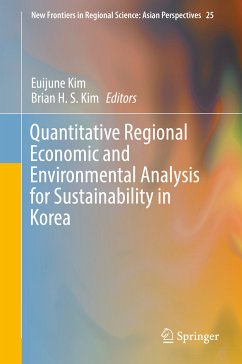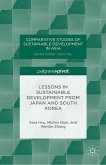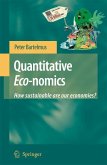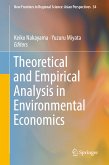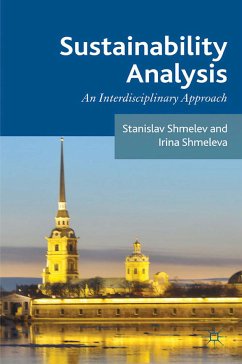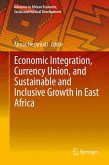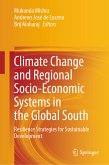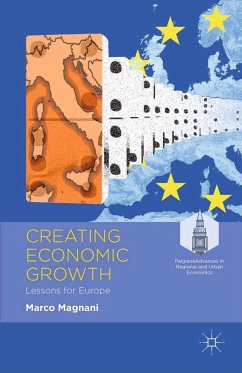This book focuses on the application of newly innovated analytical tools for sustainable development on regional economic and environmental issues in Korea. With a range of case studies, the authors explore a series of theoretical models and empirical methods including spatial CCE Model, multiregional Input-Output and econometric analysis, logit model, contingent valuation method, GIS, sample selection model, machine learning technique, stochastic frontier analysis, and panel analysis. These models and methods are tailored to spatial development issues such as agglomeration, clustering and industrial innovation, human capital and labor market, education and R&D investments and economic resilience for regional economies and unexpected disaster, and natural resources for environmental markets. Quantitative Regional Economic and Environmental Analysis for Sustainability in Korea is of particular interest to policy makers and practitioners, as well as research scholars active in sustainability science.
Dieser Download kann aus rechtlichen Gründen nur mit Rechnungsadresse in A, B, BG, CY, CZ, D, DK, EW, E, FIN, F, GR, HR, H, IRL, I, LT, L, LR, M, NL, PL, P, R, S, SLO, SK ausgeliefert werden.

